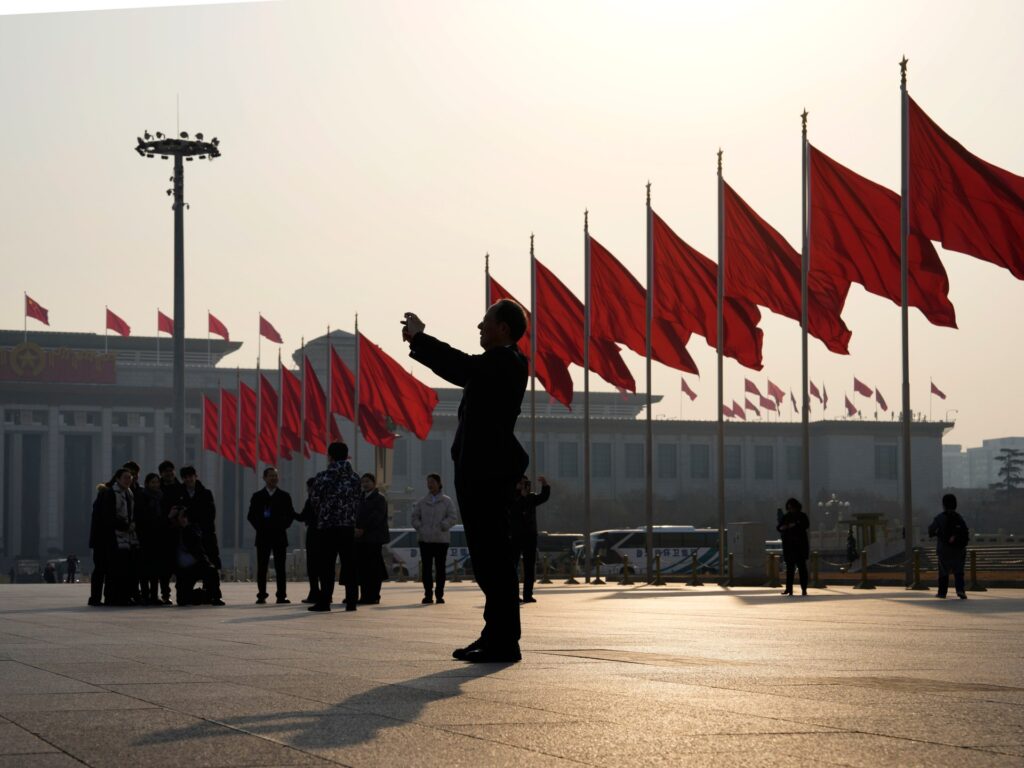The world's second-largest economy faces challenges including a weak housing market and weak domestic demand.
Chinese leaders are wrapping up a week of important meetings to rebuild a struggling economy hit by a weak housing market, weak domestic demand and record youth unemployment. acknowledged that more efforts were needed.
Senior government officials spoke frankly about the myriad challenges facing China, admitting that a modest 5% growth target will not be easy and that “hidden risks” are holding the economy back.
However, few details have been released about how they plan to address the issue. At the same time, it has moved to strengthen its powers to deal with threats to its rule, tightening the veil of secrecy around policy decisions, abolishing traditional annual press conferences, and including national security provisions in a number of new laws. promised.
On Monday morning, lawmakers met for further closed-door deliberations ahead of the adjournment and vote by China's parliament, the National People's Congress, at 3 p.m. (7 p.m. Japan time).
Among the bills voted on was a bill to amend China's State Council Organization Law, which state media reported was aimed at deepening the ruling Communist Party's “leadership” over the government.
The tightly planned event concludes a week of high-level meetings that has been dominated by an economy that last year recorded its slowest growth rate in years.
On Saturday, ministers pledged to do more to boost employment and stabilize the country's troubled real estate market.
“Workers are facing several challenges and problems in employment, and more efforts are needed to stabilize employment,” Wang Xiaoping, Minister of Human Resources and Social Security, said at a press conference.
Housing Minister Ni Hong said repairing the real estate market, which has long accounted for about a quarter of China's economy, remains “very difficult”.
But despite official promises of aid, analysts say it remains to be seen what kind of huge bailout package will be needed to help the struggling economy recover.
“Recovering the economy will require increasing household assets and incomes, which China's leaders are clearly not yet ready to do,” analysts at China research firm Trivium said in a note. .
Throughout the “two sessions,” officials appear reluctant to face questions about the myriad economic headwinds facing China.
Last week, the government broke with decades of tradition by canceling the prime minister's press conference. It has long been a rare opportunity for foreign media to ask questions of the country's second-highest official.
The topic was quickly removed from search results on Chinese social media giant Weibo, as was a hashtag proclaiming “no future for middle-class children.”
Lawmakers also said they would adopt a far-reaching security law in 2024 to “resolutely protect” the country's sovereignty and further expand the Communist Party's powers to punish threats to its rule.

